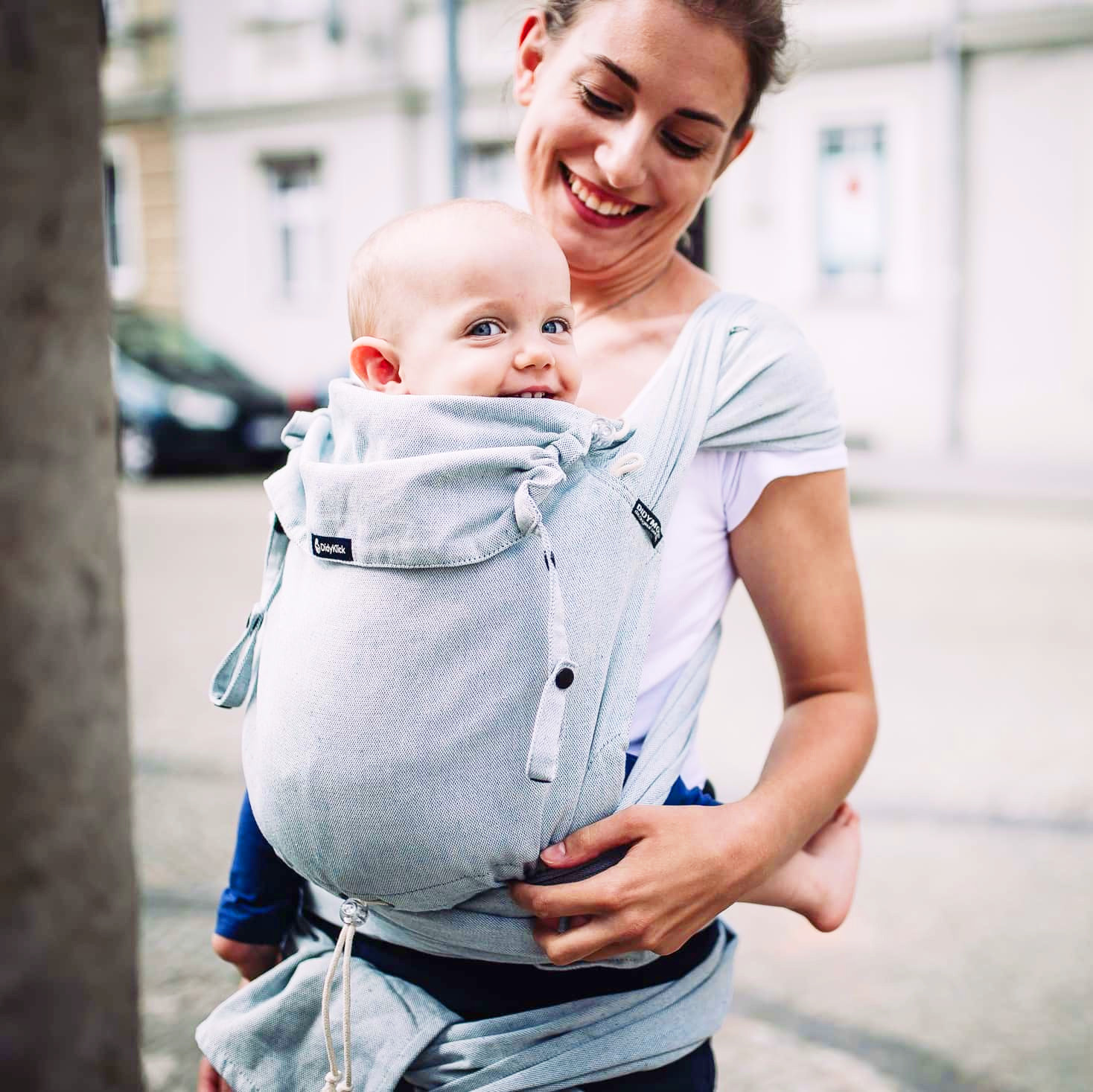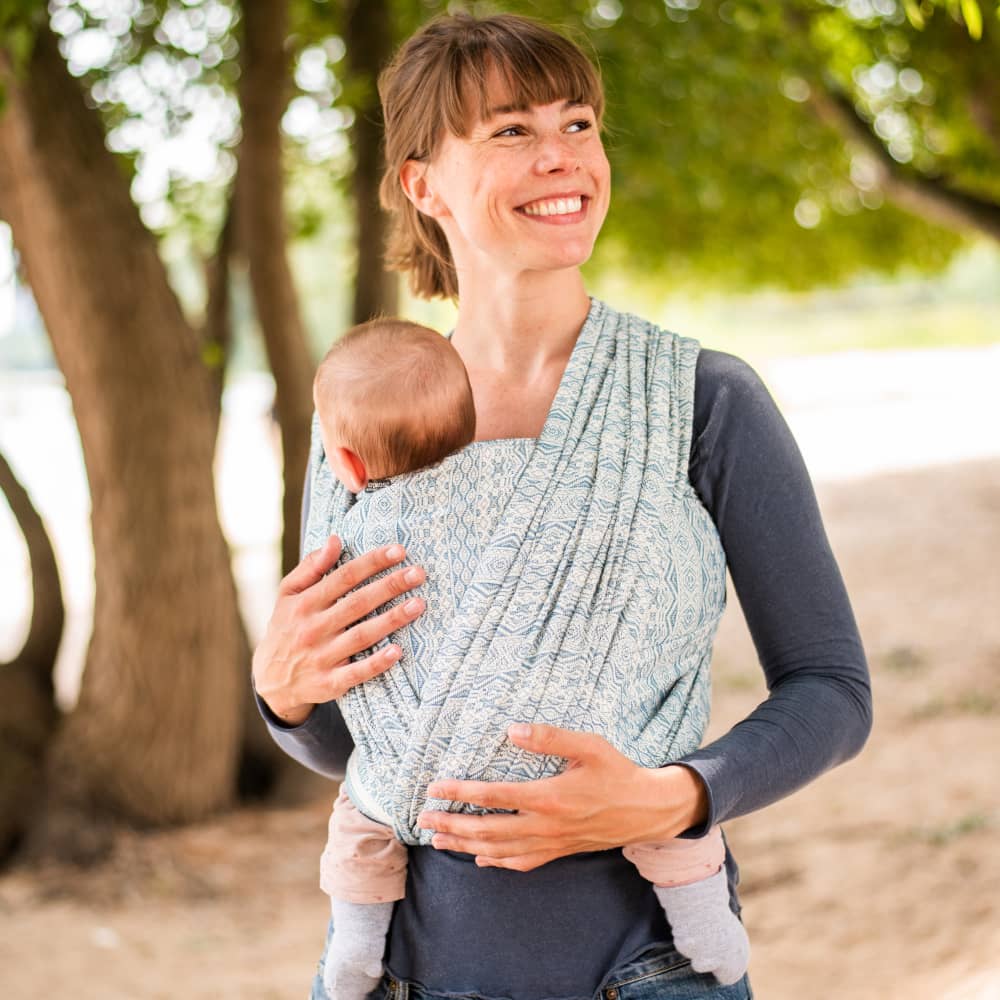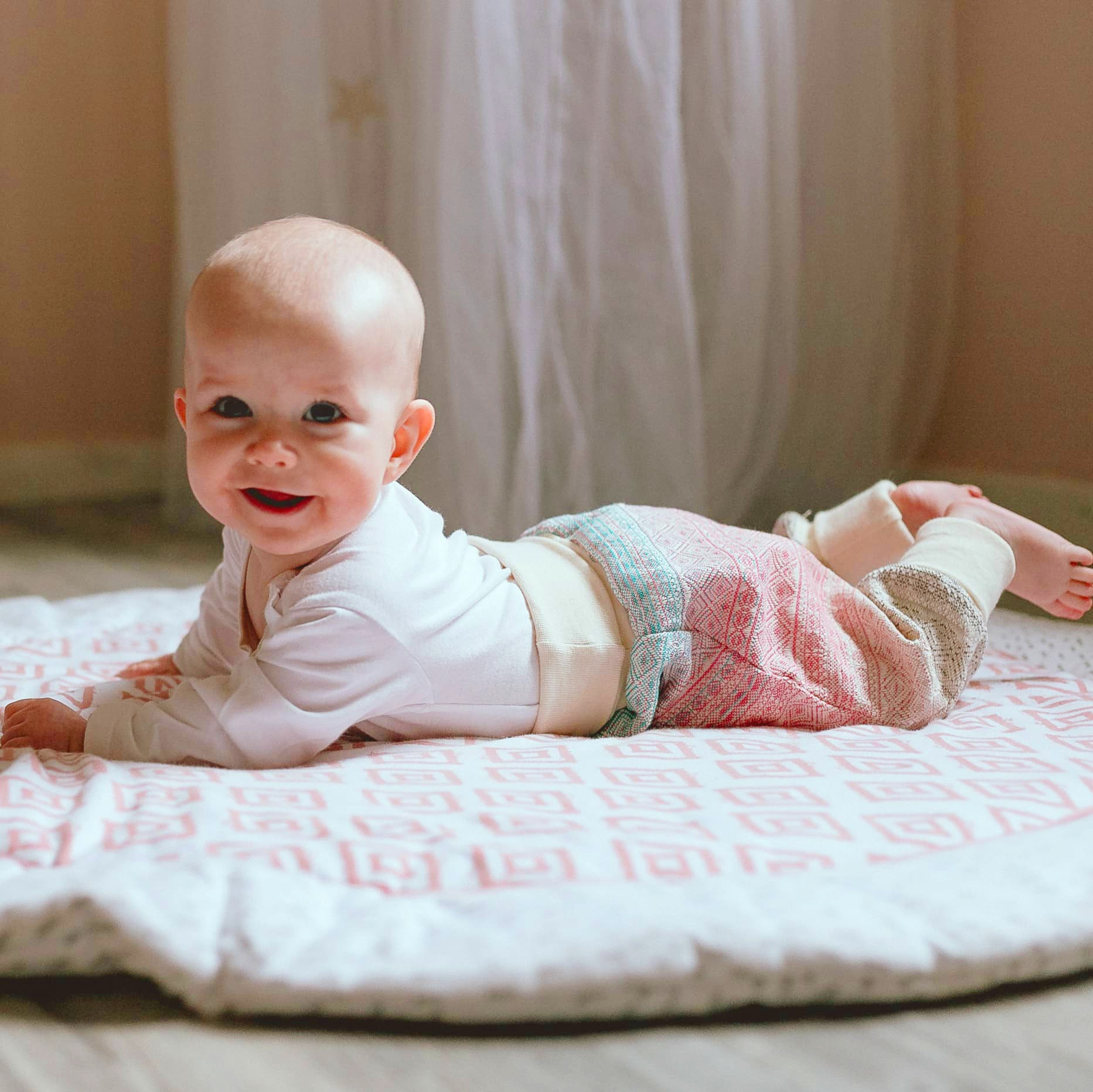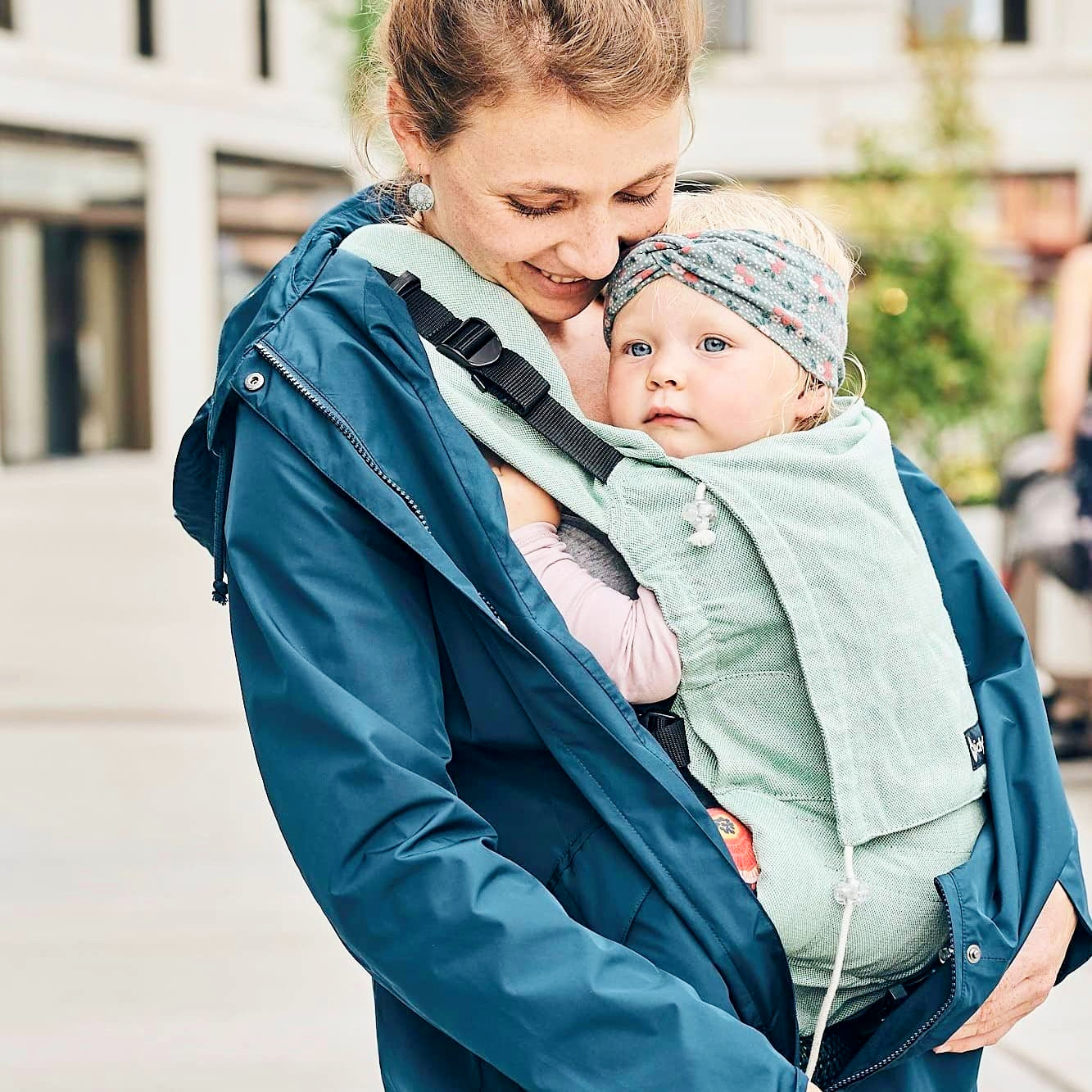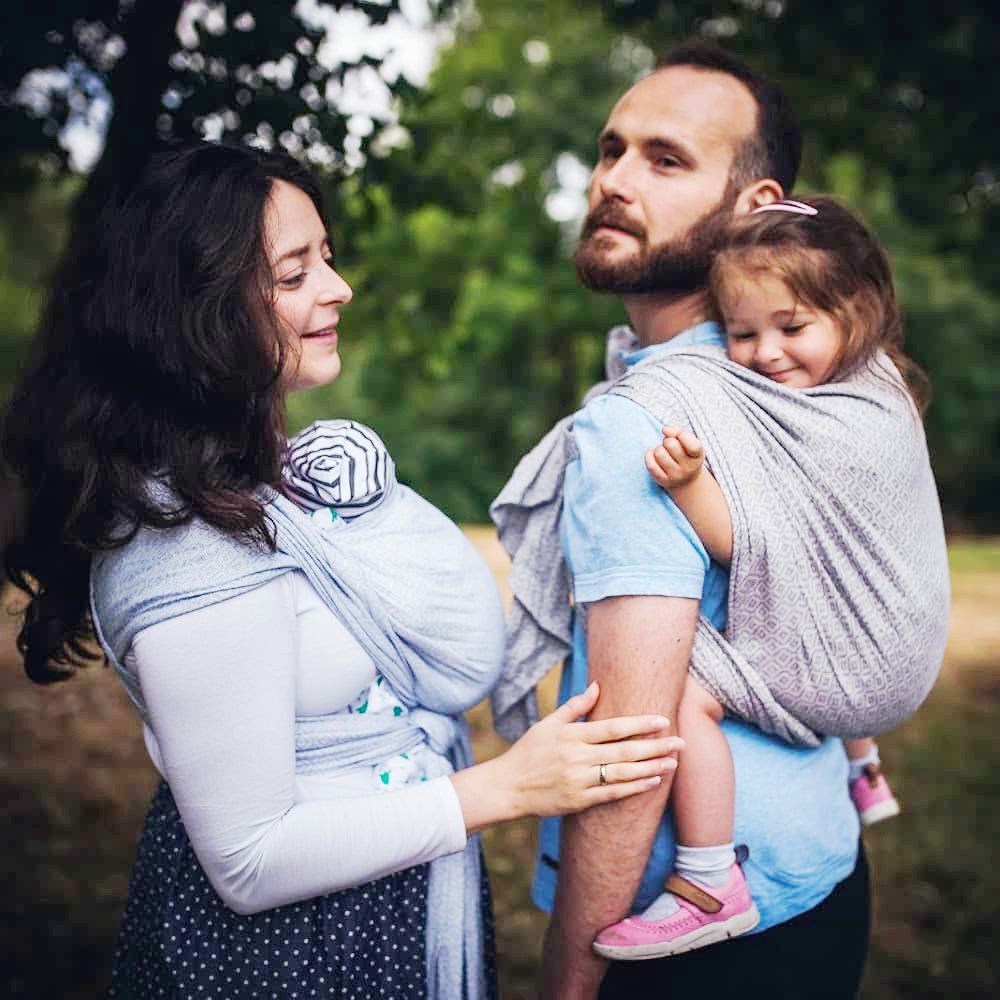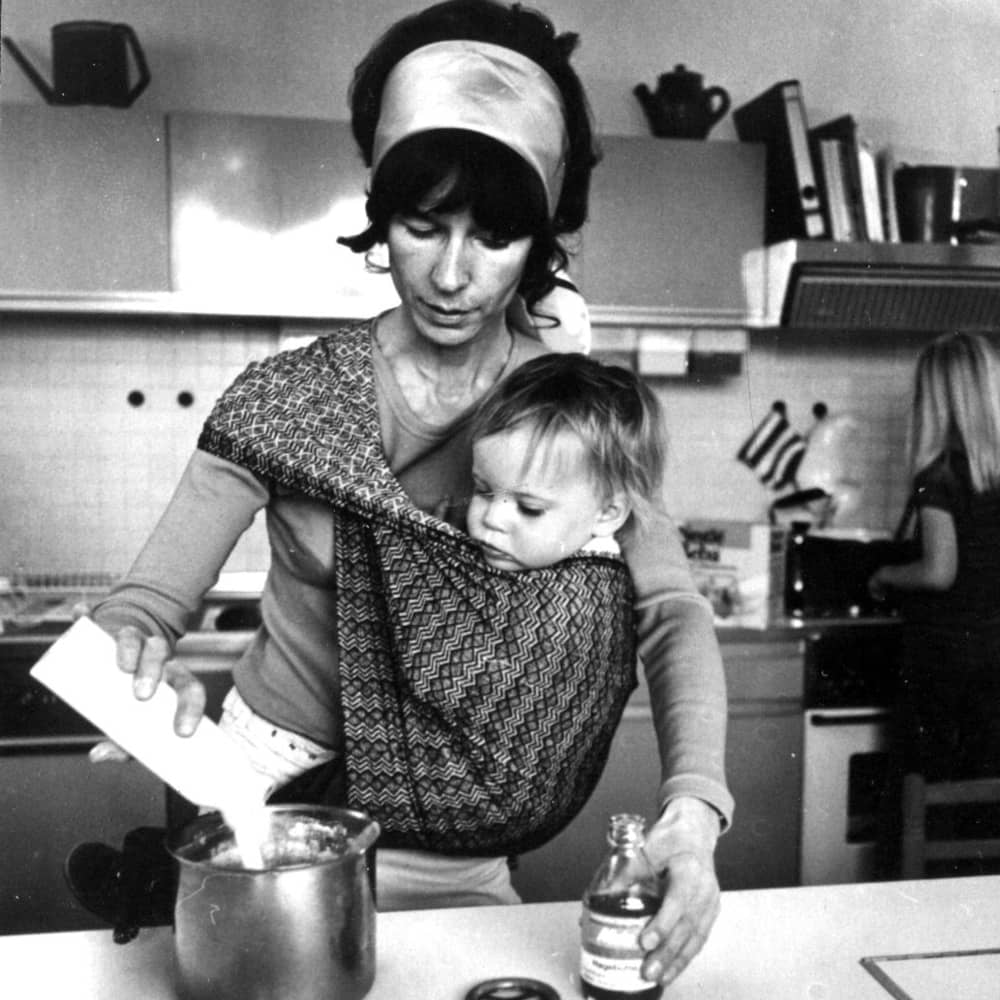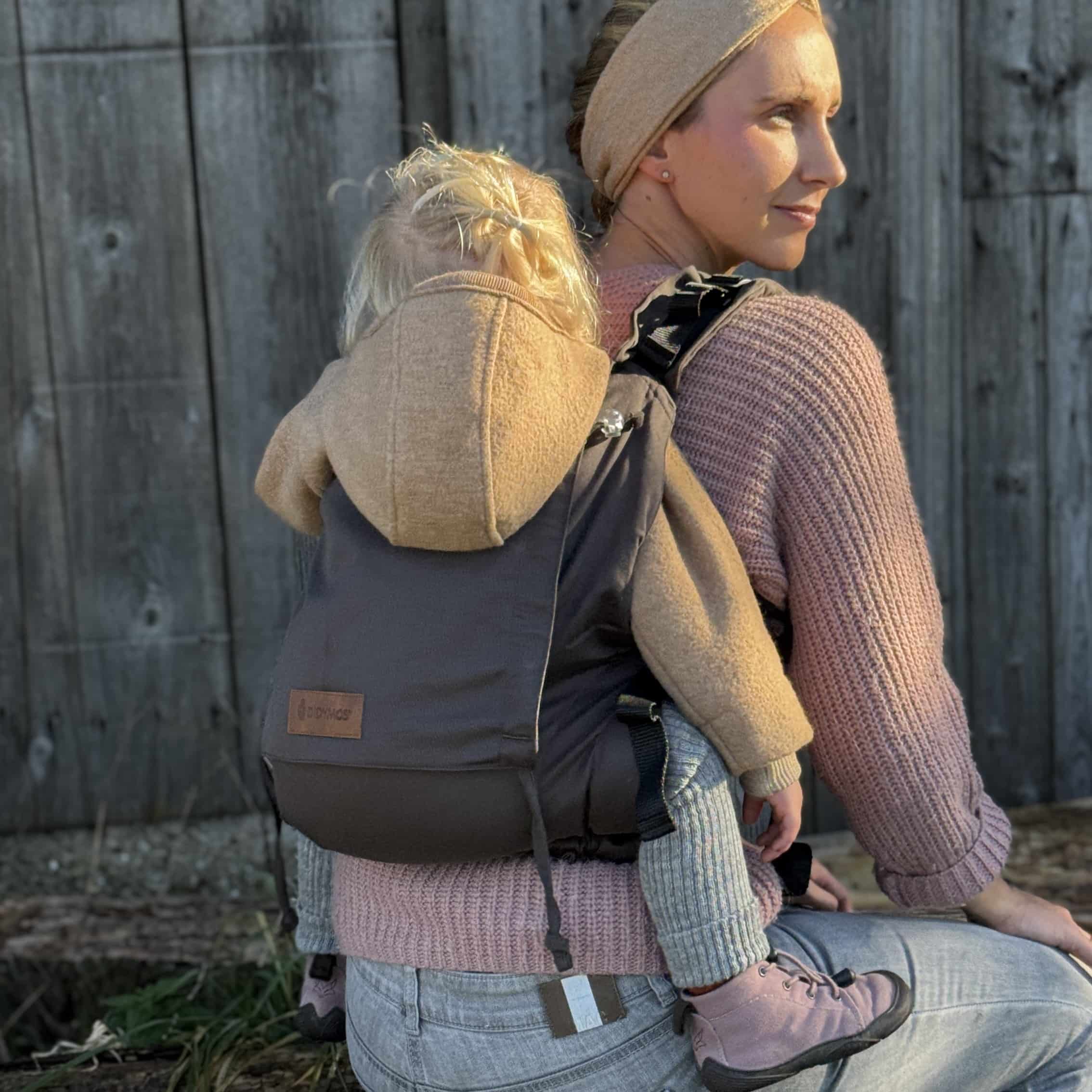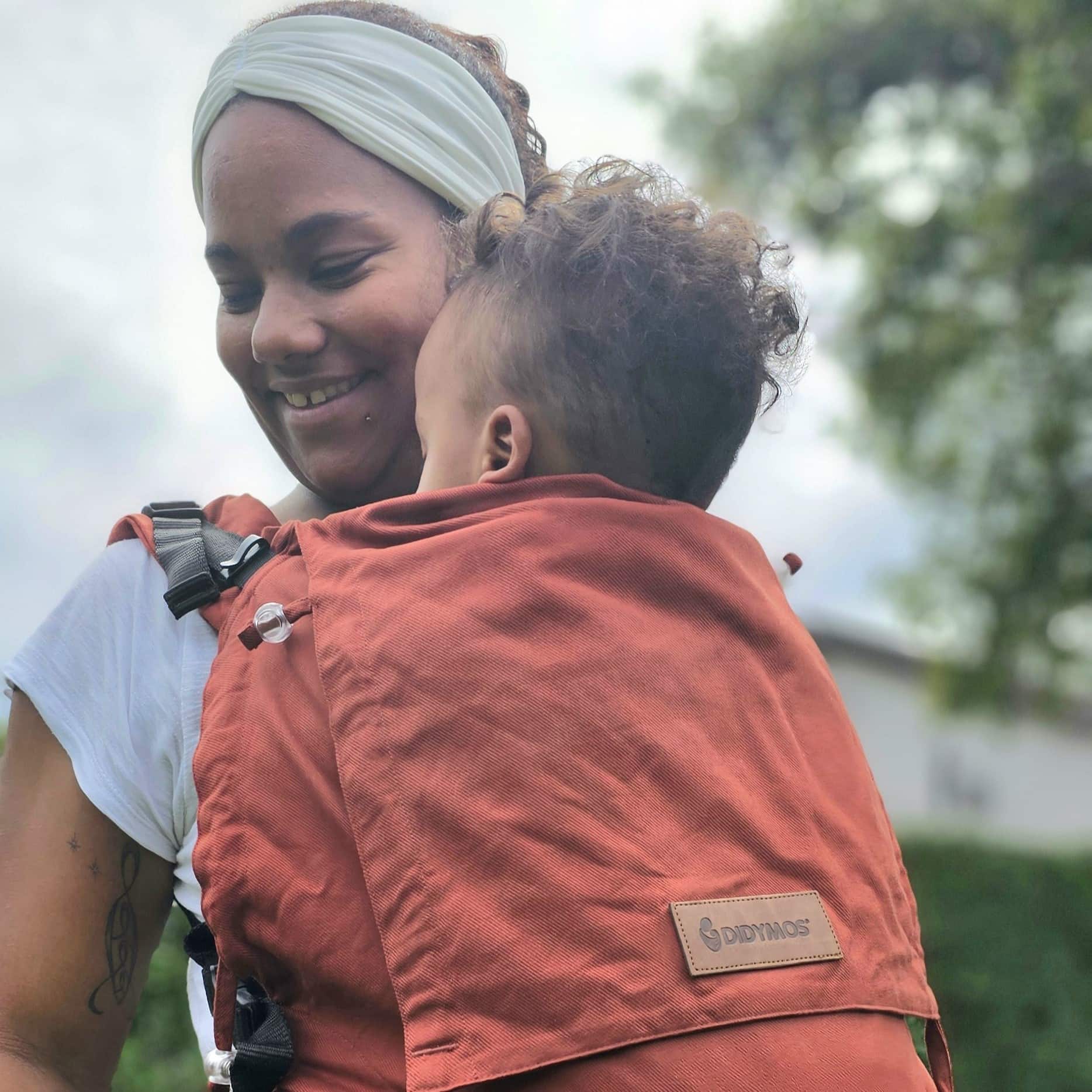Trusting bonds: The key to basic trust for children
Dear Mum and Dad,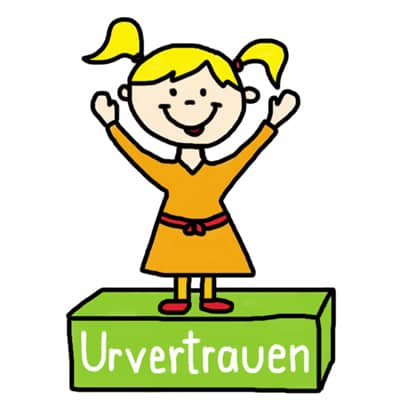
Have you ever heard of basic trust? If not, it's high time you did!
Are you ready to uncover the secret behind this important building block in child development? Basic trust is a key to strong self-confidence and fulfilling relationships. Let's find out together what lies behind this term and why it is so fundamental for our young children. In the following post, you can expect not only information, but also insights and practical tips for a loving and, above all, relaxed (!) everyday family life.
You're probably wondering why we're focussing on toddlers. They need special attention to develop, and basic trust plays a key role in this. This is why it will gradually become clear why special attention should be paid particularly to this phase and how my tips lay the foundation for healthy development for your child.
Tip 1: Create a sense of security and continuity
In the first few years, basic trust is largely characterised by the environment in which our toddlers move around. A key tip for strengthening this basic trust is to create a sense of security and continuity. Children need a safe haven to build trust in their environment. This not only means cosy moments, but also the certainty that basic needs will be reliably met. A fixed daily routine, familiar rituals and a loving home are the ideal setting for consolidating our little ones' basic trust.
Practical example from everyday family life:
Imagine that after an exciting day at nursery, your toddler is longing for stability and closeness. You can easily give your child the gift of closeness on the way home by carrying them in a baby carrier such as the DidyFix Toddler.
The importance of rituals also becomes important here. Reading a story in the evening, having dinner together and going to bed at a fixed time not only create reliability, but also form an emotional constant. These simple rituals act like an anchor that strengthens your child's basic trust and creates a secure basis for new adventures.
Tip 2: Sensitive response to needs
Another essential aspect of promoting basic trust in small children lies in sensitively responding to their needs. Little explorers show us through signals when they are hungry, tired, or need closeness. Attention and loving responses to these signals strengthen trust that their needs will be recognised and fulfilled.
Practical example from everyday family life:
Imagine your toddler is having a bad day and is tired. Instead of overstimulating him, you react with empathy and recognise his tiredness. You give them a quiet place to retreat to and show understanding for their needs. A baby or toddler carrier can also be a good place to retreat to when your little one's legs get tired or you are in a busy place. This sensitive reaction signals to your child that their feelings are important and are being taken seriously. In moments like these, you are not only creating a trusting bond, but also actively contributing to the development of your child's basic trust.
Tip 3: Offer reliability and structure
The world of toddlers is still new and uncertain. It is therefore crucial to integrate reliability and clear structure into their everyday lives. A stable environment gives them security and promotes their basic trust in the long term. Through predictable routines and, above all, clear communication, children learn to understand and trust the world around them.
By expressing their personal boundaries, they learn to understand their environment and move safely within it. Clear and lovingly communicated boundaries provide guidance and show that certain behaviours are acceptable, while others are not. And setting clear personal boundaries can be done without scolding!
Practical example from everyday family life:
Imagine your toddler wants to play outside for longer, even though it's getting dark soon. Instead of ignoring this or strictly forbidding it, you lovingly explain the boundaries to him: "We can stay outside for another 10 minutes and then we'll go inside because it's getting dark. What else do you need to do out here to finish everything off properly? Come on, I'll help you finish playing here." Clear boundaries give your child a sense of security and understanding of the situation. This not only promotes an understanding of rules, but also strengthens trust in parental care and guidance.
You're probably asking yourself: "What if I can't implement these tips on basic trust well or my child is no longer even a toddler...?"
Keep reading!
Conclusion
Now that we have gone through the key tips for strengthening basic trust for toddlers, it is important to emphasise that it is never too late to implement these measures. The development of basic trust is an ongoing process that is characterised by loving support and understanding. Regardless of previous development, there is always the opportunity to strengthen basic trust and promote positive attachments.
Outlook
If basic trust is disrupted, there are basically two ways to "repair" it:
Firstly, a substitute person, such as a grandparent or acquaintance, can provide a child with the love and care that they may not receive from their own parents. This attachment figure can help to restore the child's trust in the world and in interpersonal relationships.
Secondly, there is the possibility of gradually "overwriting" the negative experiences through many positive experiences.
This process leads to the development of what is known as experiential trust, which acts as a substitute for the missing basic trust. Through continuous positive experiences and supportive relationships, children can learn to develop trust in themselves, other people, and the environment.
It is a gradual building of trust through the accumulation of positive experiences that helps lay the foundation for a stable emotional foundation.
It is best to see where you stand with your child and their basic trust and give yourselves time to develop together, as a team and individually.
If you have any questions, please contact the DIDYMOS team or me at kontakt@starkekids.com.
About the author:
Birgit Gattringer (parent coach)
Birgit Gattringer is a Jesper Juul familylab trainer, certified mental coach and certified child and youth mental coach. She is a mum of 2 boys and passes on her knowledge on the platform www.starkekids.com.
She is passionate about creating a harmonious environment for children in which they can grow up confident and strong for life.

